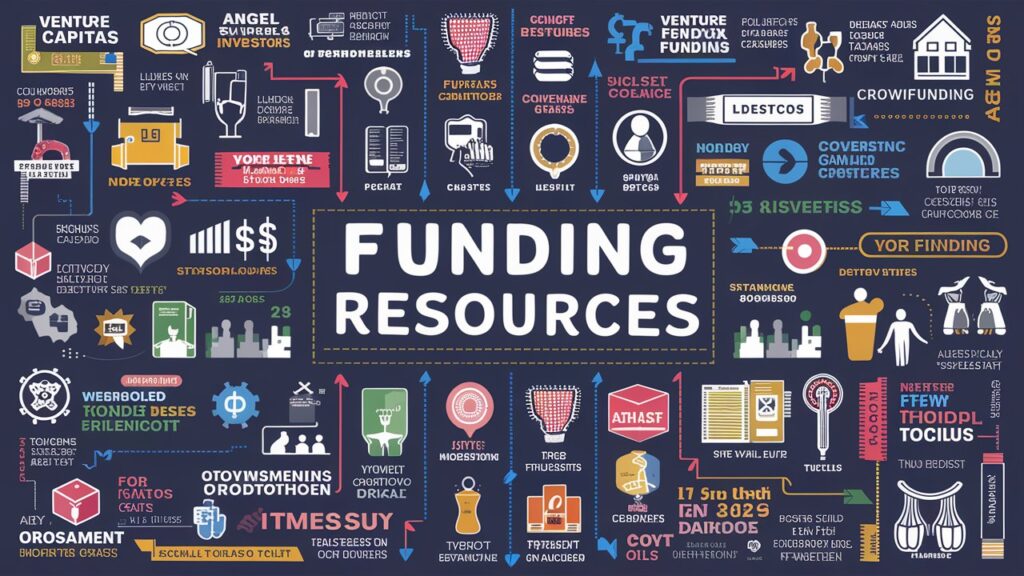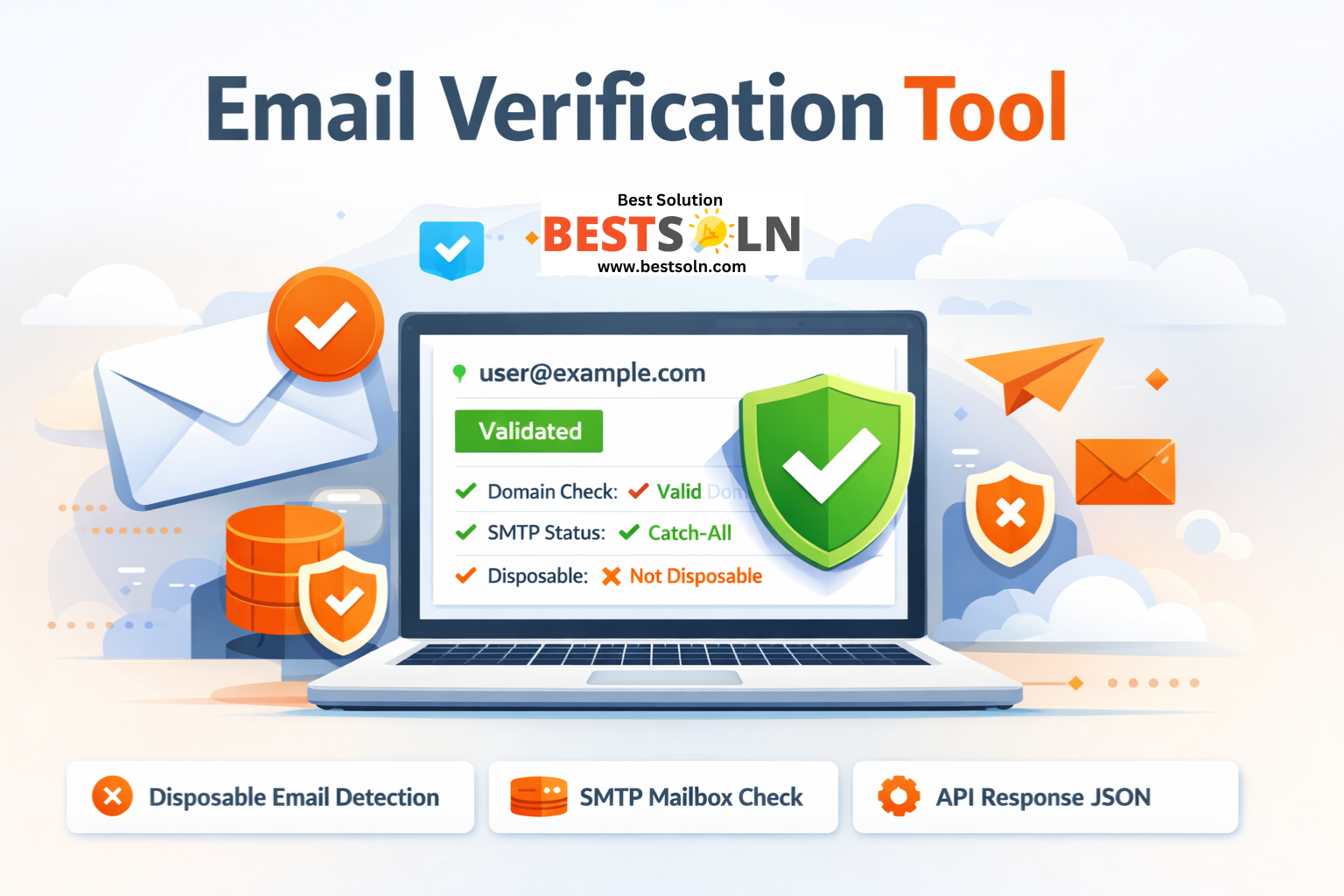- Home
- /
- Entrepreneurship
- /
- Essential Startup Resources for New…
Introduction
Starting a new business can be an exhilarating yet challenging journey. Having the right resources at your disposal can make a significant difference in your startup’s success. In this article, we’ll explore essential startup resources for new entrepreneurs, covering everything from funding options and mentorship programs to educational platforms and tools.
Essential Startup Resources
1. Funding Resources

Overview
Securing funding is often one of the most difficult challenges for new entrepreneurs. Various resources can help you get the capital you need to launch and grow your startup.
Types of Funding
- Bootstrapping: Self-funding your startup using personal savings or income from other sources.
- Angel Investors: Individuals who offer capital in exchange for equity or convertible debt.
- Venture Capital (VC): Investment firms that provide funding in exchange for equity, typically looking for high-growth potential startups.
- Crowdfunding: Raising small amounts of money from a large number of people, usually via platforms like Kickstarter, Indiegogo, or GoFundMe.
- Grants: Non-repayable funds provided by governments or organizations to support specific industries or causes.
Top Funding Platforms
- AngelList: Connects startups with angel investors.
- Crunchbase: Provides information on startups, investors, and funding rounds.
- StartEngine: A platform for equity crowdfunding.
- Y Combinator: A startup accelerator that offers seed funding and mentorship.
2. Mentorship and Networking

Overview
Mentorship and networking can provide invaluable guidance, support, and connections to help your startup thrive.
Resources
- Startup Accelerators and Incubators: Programs like Y Combinator, Techstars, and 500 Startups offer funding, mentorship, and access to a network of investors and industry experts.
- Business Mentorship Programs: Organizations like SCORE and Small Business Development Centers (SBDCs) provide free or low-cost mentorship to entrepreneurs.
- Networking Events and Conferences: Events like Web Summit, SXSW, and TechCrunch Disrupt offer opportunities to network with other entrepreneurs, investors, and industry leaders.
Tips
- Join local entrepreneur groups and online communities.
- Participate in startup competitions to gain exposure and feedback.
3. Educational Platforms

Overview
Continuous learning is crucial for staying ahead in the competitive startup landscape. Various platforms offer courses and resources to help you acquire the necessary skills.
Top Educational Platforms
- Coursera: Offers courses from top universities and companies on various business and technical subjects.
- Udemy: Provides affordable courses on entrepreneurship, marketing, coding, and more.
- edX: Features courses from universities like Harvard and MIT, covering a wide range of topics.
- LinkedIn Learning: Offers video courses taught by industry experts on business, technology, and creative skills.
Books and Blogs
- Books: “The Lean Startup” by Eric Ries, “Zero to One” by Peter Thiel, and “The Hard Thing About Hard Things” by Ben Horowitz.
- Blogs: TechCrunch, Entrepreneur, and Harvard Business Review provide insights and advice on entrepreneurship and business trends.
4. Legal and Financial Resources

Overview
Navigating legal and financial aspects is critical for any startup. The right resources can help ensure compliance and financial stability.
Legal Resources
- LegalZoom: Offers affordable legal services, including business formation, trademarks, and contracts.
- Rocket Lawyer: Provides online legal documents and access to attorneys.
- Clerky: Specializes in legal paperwork for startups, such as incorporation and fundraising.
Financial Tools
- QuickBooks: Accounting software that helps manage finances, invoicing, and payroll.
- Xero: Cloud-based accounting software for small businesses.
- Wave: Provides free accounting, invoicing, and receipt scanning.
Tips
- Consult with a business attorney and accountant to ensure your startup is legally and financially sound.
- Use financial planning tools to create budgets, forecasts, and track expenses.
5. Productivity and Project Management Tools

Overview
Effective project management and productivity tools are essential for staying organized and efficient.
Top Tools
- Trello: A visual project management tool that organizes tasks with boards, lists, and cards.
- Asana: Helps teams coordinate and manage their work, from daily tasks to strategic initiatives.
- Slack: A collaboration tool that allows for real-time messaging, file sharing, and integration with other tools.
- Notion: An integrated workspace for notes, tasks, databases, and collaboration.
Tips
- Choose tools that work well together to streamline workflows.
- Regularly review and adjust your productivity practices to improve efficiency.
6. Marketing and Sales Resources

Overview
Effective marketing and sales strategies are essential for acquiring and retaining customers.
Marketing Tools
- HubSpot: Offers marketing, sales, and customer service software to help grow your business.
- Mailchimp: An email marketing platform that also provides marketing automation, ads, and landing pages.
- Hootsuite: Manages social media marketing by scheduling posts, tracking performance, and engaging with your audience.
Sales Tools
- Salesforce: A customer relationship management (CRM) platform that helps manage sales processes and customer interactions.
- Pipedrive: A sales management tool designed to help small teams manage intricate sales processes.
- LinkedIn Sales Navigator: Helps you find and connect with potential leads on LinkedIn.
Tips
- Develop a comprehensive marketing plan that includes content marketing, social media, and email campaigns.
- Use CRM tools to track customer interactions and manage sales pipelines effectively.
7. Technology and Development Resources

Overview
Choosing the right technology stack and development resources is crucial for building and scaling your product.
Development Tools
- GitHub: A platform for version control and collaboration, allowing multiple developers to work on the same project.
- Stack Overflow: A community-driven Q&A site for developers to find solutions to coding problems.
- Heroku: A cloud platform that enables developers to create, deploy, and manage applications entirely in the cloud.
Tips
- Stay updated with the latest technologies and best practices.
- Consider outsourcing development or hiring freelancers if you lack technical expertise.
Conclusion

Starting a new business requires a multitude of resources, from funding and mentorship to educational platforms and productivity tools. By leveraging the essential resources outlined in this guide, you can equip yourself with the knowledge, support, and tools needed to navigate the challenges of entrepreneurship and increase your chances of success. Remember, the key to a thriving startup is continuous learning, effective networking, and strategic resource management.
For more such startup tools, check out here.




















Leave a Reply